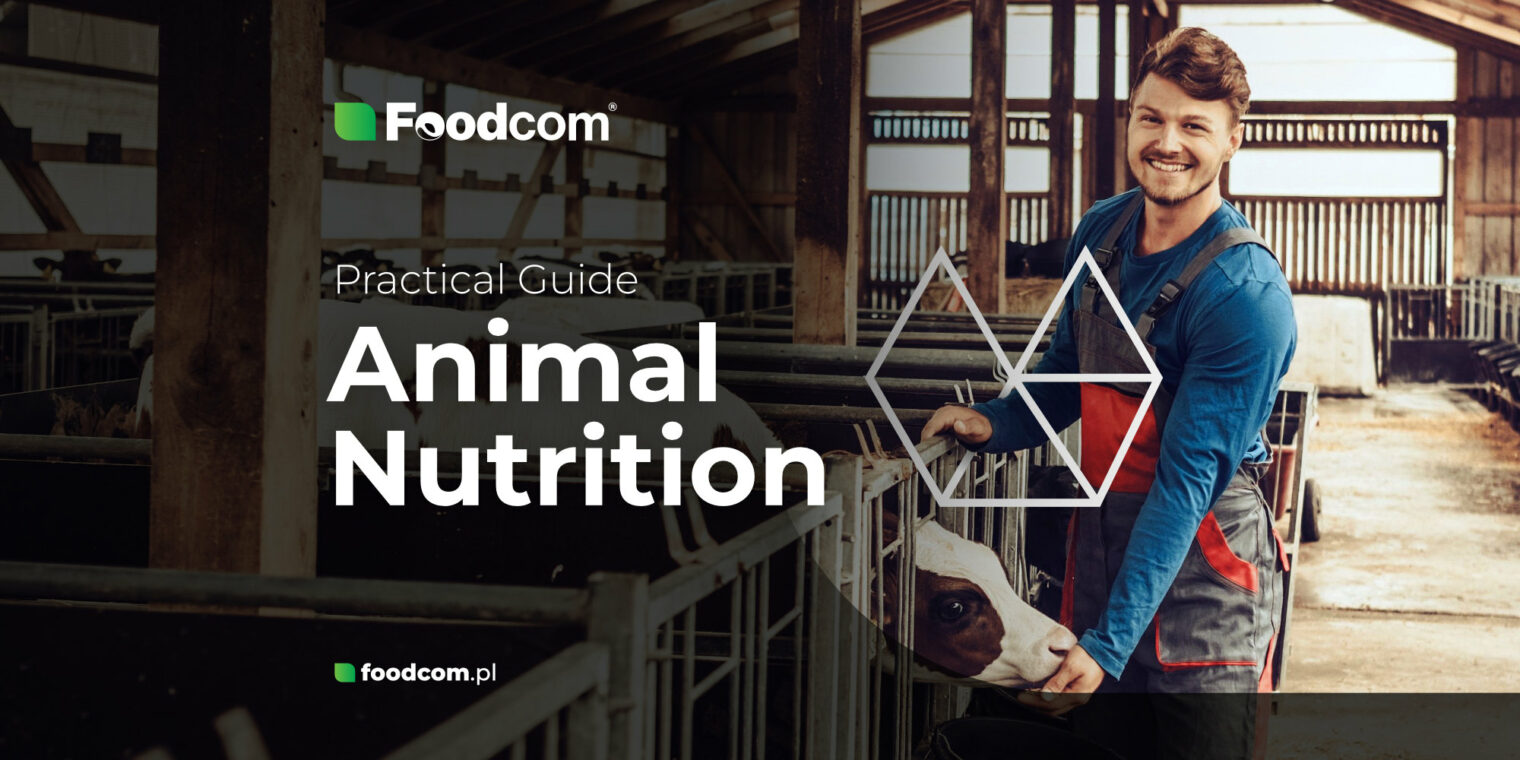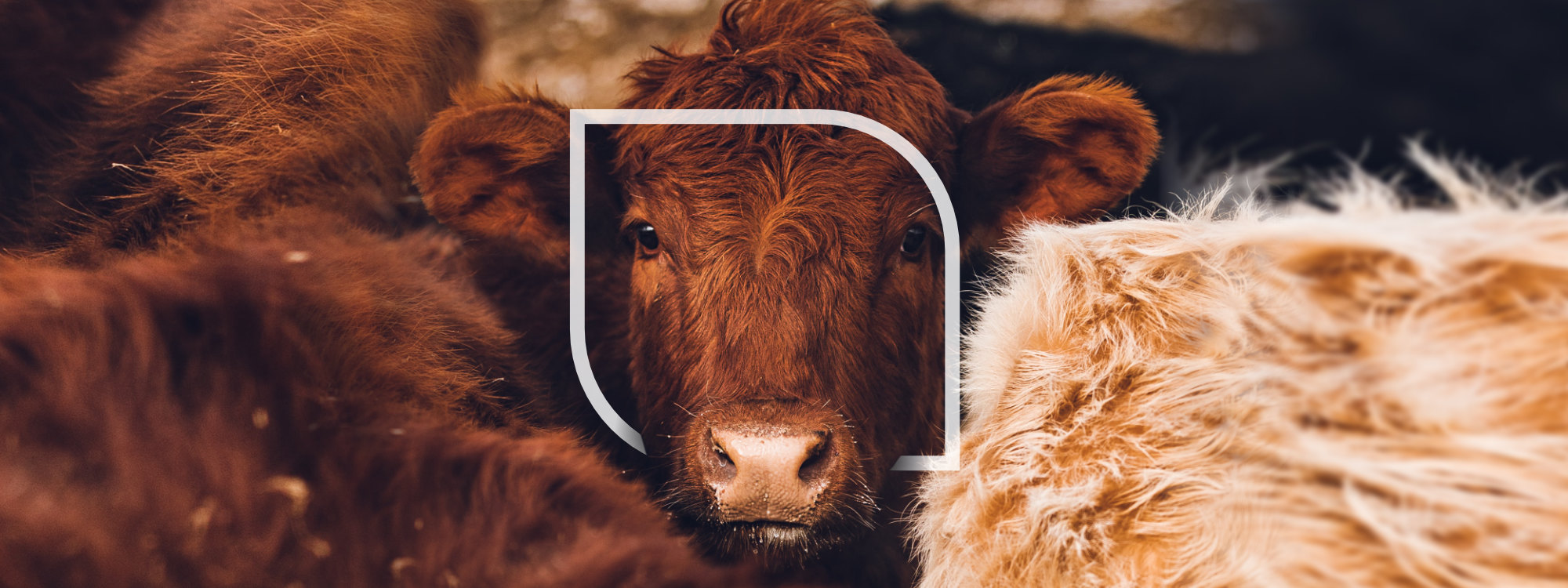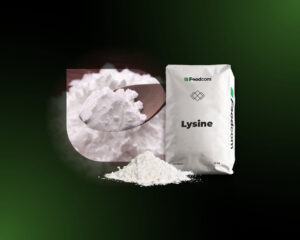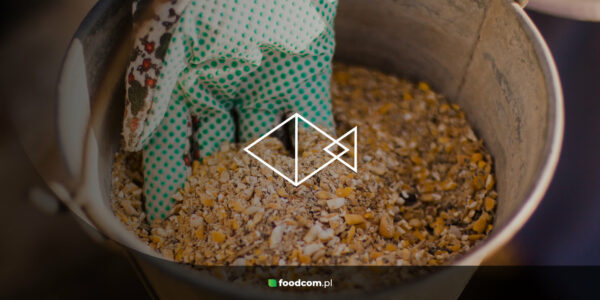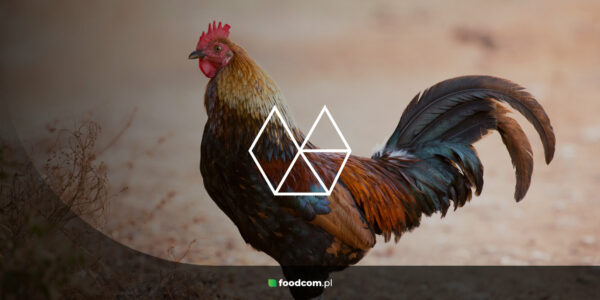- The essence in animal husbandry and breeding is proper nutrition, which affects health and performance.
- The right feed provides essential nutrients, promotes growth and condition, and increases the productivity of livestock.
- The most important nutritional additives are carbohydrates, proteins, fats, minerals and vitamins.
- Functional feed additives are preservatives, emulsifiers, stabilizers or acidity regulators.
- Noteworthy additives include Threonine, Lysine, Potato Protein, Magnesium Oxide and Formic Acid.
An important aspect in animal husbandry and breeding is the question of nutrition, because it affects the physiological state of the organism and determines its functioning. A lack of nutrients, as well as an excess of certain substances, can have a negative impact on health, promote the development of diseases and reduce production performance.
Choosing the right feed additives is not always easy, as many factors must be taken into account. In this practical guide, we discuss the most important aspects of animal feed to help you make the best animal nutrition choices.
The role of the right feed in animal nutrition
Choosing the right feed for your animals is extremely important to their health, condition and overall performance. Feeds play a key role in providing the right nutrients, which are essential for the proper functioning of the animal’s body.
Appropriate feeds perform the following functions in animal nutrition:
- Meeting nutritional needs: feed provides animals with essential nutrients such as proteins, fats, carbohydrates, vitamins and minerals that are necessary for the proper functioning of the body. A proper balance of nutrients prevents deficiencies or excesses that can lead to various health problems.
- Supporting growth and development: for young and growing animals, a balanced feed is critical for proper growth and development of the body. The feed provides the energy and nutrients needed to build tissues, systems and organs.
- Maintaining health and condition: proper feeding plays an important role in keeping animals healthy. Nutrients support the immune system, help regenerate tissues, maintain normal metabolism and prevent disease. In addition, proper nutrition affects animal condition, including coat appearance, muscle and overall physical performance.
- Supporting gastrointestinal health: feed contains fiber and other ingredients to support proper gastrointestinal function, which has a positive effect on digestion and nutrient absorption.
- Impact on productivity: for livestock, a properly selected feed has a direct impact on their productivity. A feed with the right nutrient composition can increase milk, egg or meat production, which is critical to the efficiency of animal production.
How to choose feed additives?
The most important nutrients, i.e., those that animals need for maintenance, growth, reproduction, and good health, include carbohydrates, proteins, fats, minerals, vitamins, and water. These are nutritional additives.
Feed additives also affect the appearance and consistency of the feed. Thus, they not only extend the shelf life, but also make it easier for animals to consume. Such functional additives are preservatives, emulsifiers, stabilizers or acidity regulators.
Proteins
Proteins are important for the growth and repair of tissues such as muscles, bones and skin. They are also involved in the production of hormones, enzymes and other important molecules and maintain the health of the immune system.
Amino Acids
Amino Acids are important in animal nutrition because they are the building blocks of proteins. Inadequate protein intake leads to many health problems in animals. In addition, not all amino acids can be synthesized by animal organisms, so they must be supplied through the diet.
Vitamins
Vitamins are essential for healthy growth and development of animals as they influence the regulation of many physiological and biochemical processes. They play a key role in promoting tissue and bone growth, strengthening the immune system, improving animal performance and increasing fertility.
Acidulants
Acidulants are both nutritional and functional additives. In addition to their prophylactic role in maintaining the correct pH in the digestive tract and their antimicrobial effect, Acidulants improve the taste of the feed, resulting in higher intake and faster weight gain of the animals. In addition, they have a preservative function by inhibiting mold growth.
Examples of feed additives
Threonine
Threonine is an amino acid with numerous properties that make it an important feed additive. It contributes to good animal development and weight gain, which in turn increases meat yield. In addition, Threonine has a positive effect on the immune system, regulates the function of the digestive tract, improves intestinal health and is involved in fat metabolism. In addition, the use of Threonine in feed contributes to environmental protection, as it reduces the amount of nitrogen excreted into the environment.
Lysine
The amino acid Lysine is involved in the process of protein synthesis, which helps to optimize animal growth and increase milk production. In addition, it strengthens immunity. Industrially produced Lysine is completely digestible for the animals.
Potato Protein
Potato Protein is a rich source of essential amino acids. This protein is an important component of animal feed. Its main function is to promote the increase of muscle mass. Potato Protein is an excellent alternative to animal protein in feed.
Magnesium Oxide
Magnesium Oxide is essential in feeds because a deficiency or insufficient amount can lead to health problems in animals, such as grass tetany. In addition, it is also used to reduce stress in animals. When animals are stressed, it can lead to herd fights, loss of appetite, sluggishness, slower growth and greater susceptibility to disease and infection.
Formic Acid
Formic Acid in animal feed acts as a preservative that prevents food spoilage and maintains the nutritional value of the feed for a longer period of time. It has been observed that the use of Formic Acid can significantly reduce the incidence of Salmonella, Campylobacter and Escherichia coli in animals, resulting in higher animal performance. In addition, it affects the balance of microflora and effectively lowers the pH level in the digestive tract of animals.
Why Foodcom?
Our great team of Sales Support will help our Traders conduct the contract and business deals in a smooth and efficient way to ensure the best quality service to all our Business Partners. Our logistics team will take care of transportation and the financial department will be responsible for all matters connected with the financial part of the deal. Do not hesitate! Contact us.

